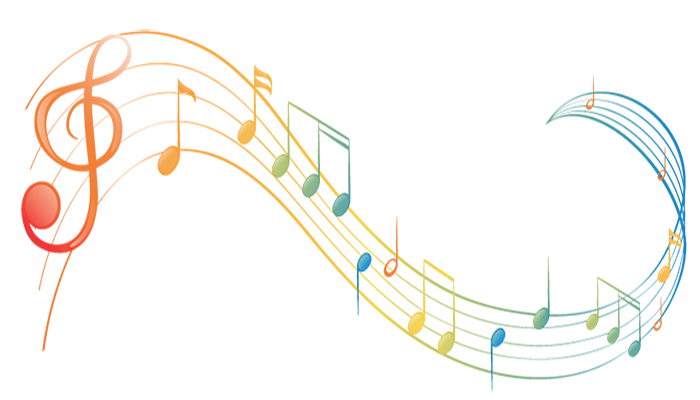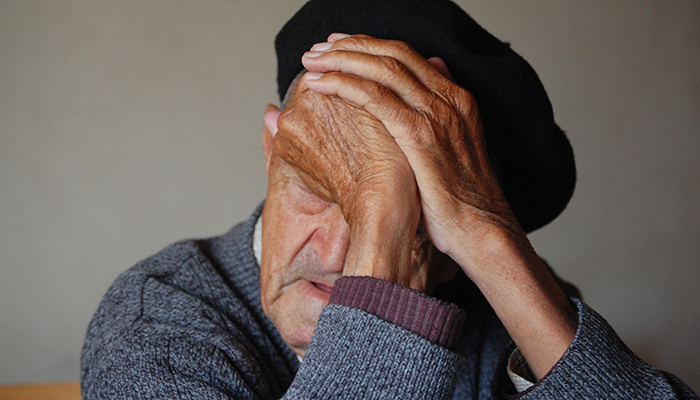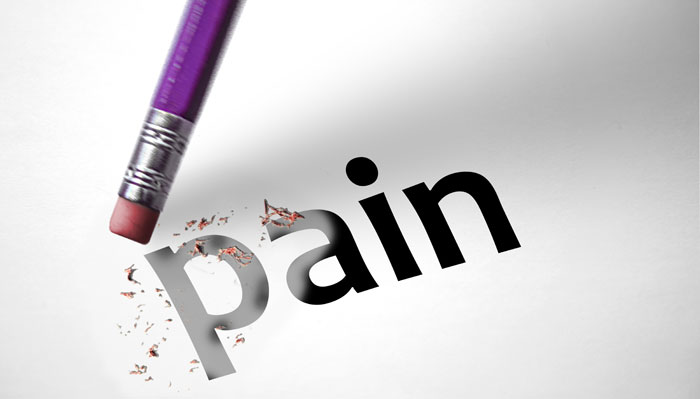
Can listening to calming music actually ease pain? Can singing silly songs make you happier? Researchers say this isn’t just a folktale—it represents some of the measurable effects of music on the mind and body.
Although it’s not yet clear exactly how music works its magic, studies show that it is strong medicine, both in the moment and as treatment over time. Among the benefits, music










